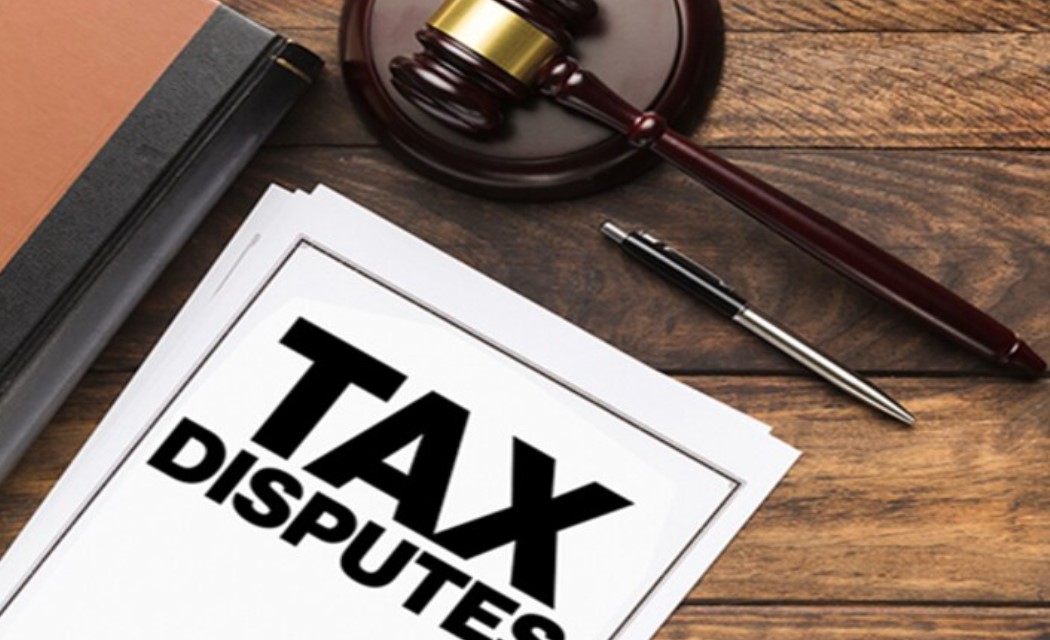Receiving a tax bill that seems incorrect or higher than expected can be a daunting and stressful experience. However, it’s essential to remember that you have the right to challenge your tax bill if you believe there is an error or if you disagree with the assessment. The key to successfully challenging your tax bill lies in understanding your rights as a taxpayer and following the proper procedures to resolve tax disputes. In this comprehensive guide, we will walk you through the steps to challenge your tax bill and provide valuable tips to help you navigate the process with confidence.

Understand Your Tax Bill
Before challenging your tax bill, take the time to thoroughly review and understand the details of the assessment. Identify the specific tax year or period covered by the bill, the taxes owed, any penalties or interest imposed, and the basis for the calculations. If you have any questions or uncertainties, consider seeking advice from a tax professional or contacting the tax authority for clarification.
Gather Relevant Documents
Collect all relevant documents that support your position and dispute the tax bill. These may include:
- Tax Returns: Gather copies of the tax returns and supporting documentation for the tax year in question. Ensure that all reported income, deductions, and credits are accurate and well-documented.
- Receipts and Invoices: For business-related taxes, have organized records of expenses, income, and any other supporting documents that can verify the accuracy of the tax assessment.
- Correspondence with the Tax Authority: If you have had any communication with the tax authority regarding the tax bill, make copies of all letters, emails, or other correspondence for reference.
Check the Statute of Limitations
The statute of limitations is the timeframe during which the tax authority can assess additional taxes or pursue tax collections. In most cases, the statute of limitations is three years from the date the tax return was filed. However, it may be extended under certain circumstances, such as when there is evidence of fraud or substantial underreporting of income.
If the tax bill relates to a tax year outside the statute of limitations, you may have grounds to challenge the assessment. Consult a tax professional to determine if the statute of limitations applies to your situation.
Request an Explanation from the Tax Authority
If you believe there is an error in your tax bill or if you disagree with the assessment, contact the tax authority to request an explanation of the calculations and the basis for the tax bill. Often, a simple inquiry can lead to the discovery of misunderstandings or administrative errors that can be rectified without formal dispute procedures.
File an Appeal or Dispute
If you are unable to resolve the issue with the tax authority through informal means, you may need to file a formal appeal or dispute. The specific procedures for filing an appeal vary depending on the jurisdiction and the type of tax involved. In most cases, you will be required to submit a written statement explaining the reasons for your dispute and providing supporting evidence.
Seek Mediation or Alternative Dispute Resolution
In some cases, the tax authority may offer mediation or alternative dispute resolution (ADR) as an option to resolve tax disputes. Mediation involves a neutral third party helping both you and the tax authority reach a mutually acceptable resolution. ADR can be a less adversarial and more cost-effective way to resolve disputes.
Request a Payment Plan or Installment Agreement
If you agree with the tax bill but are unable to pay the full amount, consider requesting a payment plan or installment agreement with the tax authority. A payment plan allows you to pay the tax bill in monthly installments, making it more manageable for your financial situation.
Consult with a Tax Professional
Challenging a tax bill can be complex, and the outcome can have significant financial implications. If you are unsure about how to proceed or require assistance in preparing your case, consider consulting with a qualified tax professional, such as a tax attorney or a certified public accountant (CPA). A tax professional can provide expert guidance, ensure compliance with relevant tax laws, and increase your chances of a favorable resolution.
Keep Detailed Records
Throughout the process of challenging your tax bill, maintain detailed records of all communication, supporting documentation, and any agreements reached with the tax authority. Having organized records will be valuable if you need to refer back to specific details or if you encounter any further issues in the future.
Conclusion
Challenging your tax bill may seem daunting, but with the right approach and understanding of your rights as a taxpayer, you can navigate the process successfully. Review your tax bill carefully, gather relevant documents, and seek an explanation from the tax authority if needed. If you cannot resolve the issue informally, consider filing a formal appeal or dispute and explore alternative dispute resolution options. Seek advice from a tax professional to ensure you present a strong case and increase your chances of a favorable resolution. Remember to maintain detailed records throughout the process for future reference. By taking proactive steps to challenge your tax bill, you can protect your rights as a taxpayer and ensure that you are only paying what is legally owed.